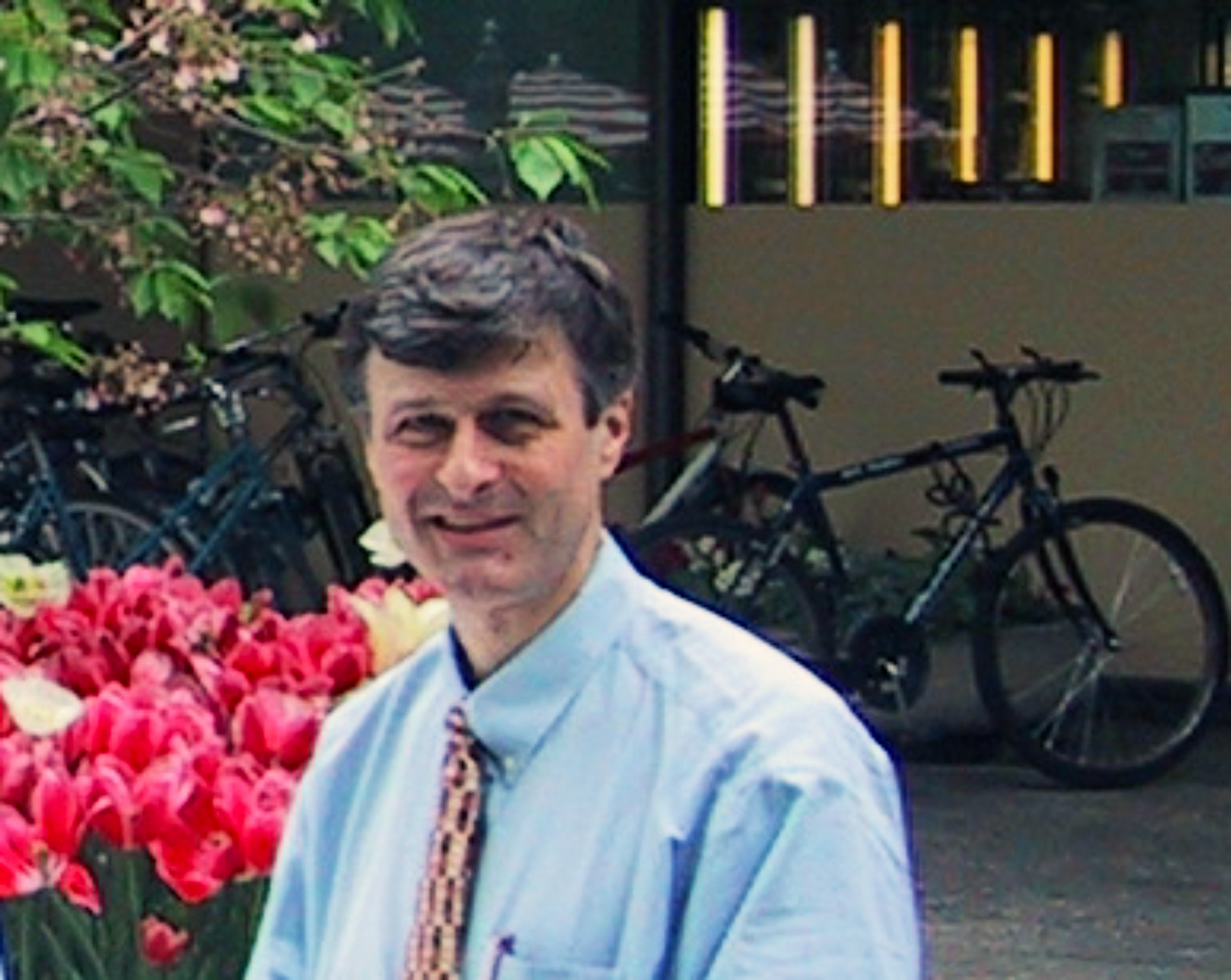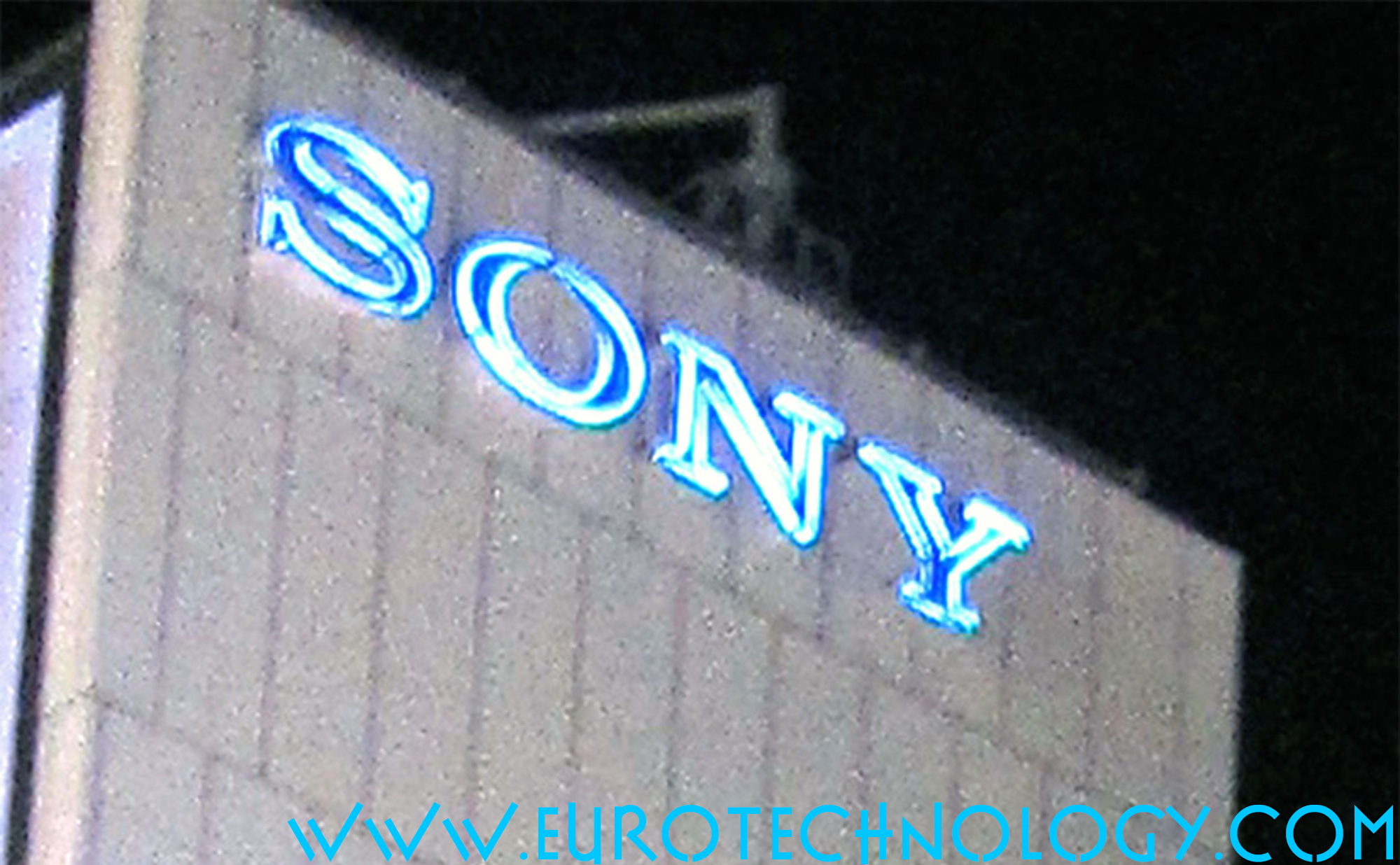Success stories vs failure. Why some foreign companies succeed in Japan’s high tech sector, and why others fail.
Stanford University Japan Technology Center lecture by Gerhard Fasol, given in 1999 – most still applies today!

New opportunities vs old mistakes – foreign companies in Japan’s high-tech markets
Stanford University lecture, given on October 28th, 1999 – most still applies to day as in 1999
This lecture was given on October 28th, 1999 to an audience of Stanford University faculty, students, post-docs and alumni working in Silicon Valley firms. Although this lecture is now some time ago, much of what was said still is true today. As an example, our recognition of the interplay of “old Japan” vs “new Japan” is still extremely relevant today, with old traditional corporations coexisting with new venture start-ups, some of which, like SoftBank and Rakuten have grown to very large size even on a global scale.
Stanford University Japan Technology Center lecture: outline
(note that some statistical data have changed since this lecture was given, the main change is the growth of China, for example today Japan is not the second, but the third largest economy after China).
- Why is Japan important?
- Japan is the world’s second largest market
- 60%-70% of Asia’s economy is in Japan
- 10%-20% of the world’s internet/telecom/e-commerce markets are in Japan
- Some important recent high-tech breakthroughs come from Japan, e.g. blue LED and lasers, mobile internet, high-speed train system, mobile payments and e-money
- For US corporations Japan is in general the most important/largest foreign market & competitor & partner, eg Apple, Amazon.com, Starbucks…
- “Old Japan” versus “New Japan”
- The “old official Japan” may fade into irrelevance, large sections (60%) of Japanese society were excluded from equal access to the “old Japan”, e.g. women, Korean residents, foreign nationals, “half”-people….
- A “new Japan” is emerging: e.g. Nichia, SoftBank, Don Quichote, etc
- Education is a major problem
- Foreign corporations should tune into the “new Japan” new
- Opportunities which never existed before
- Foreign corporations for the first time ever can hire top Japanese performers
- For the first time ever foreign corporations can acquire Japanese corporations on a meaningful scale
- Some typical mistakes of foreign companies in Japan
- Manage Asia from Singapore or Hong-Kong (thats like managing All-Europe operations from Tel-Aviv or Reykjavik)
- Hire the wrong people (wrong Japan-CEO, wrong peronnel, e.g. too much emphasis on English vs true performance or technical excellence)
- Partnerships or joint ventures with wrong partners or wrong expectations
- Enter Japan, build R&D labs etc without first planning strategy and aims
- Forget to do the homework (there is Gigabytes of information you better learn about Japan before you start, training on the job increases risks)
- Be too fascinated by cherry blossoms & be too optimistic or too pessimistic about Japan
- Taking things for granted in Japan, which are not:
- brand recognition
- Japanese consumer & customer habits and needs
- Assume global corporations have the same depth as you are used to elsewhere in the world
- …
Copyright (c) 1999-2019 Eurotechnology Japan KK All Rights Reserved

